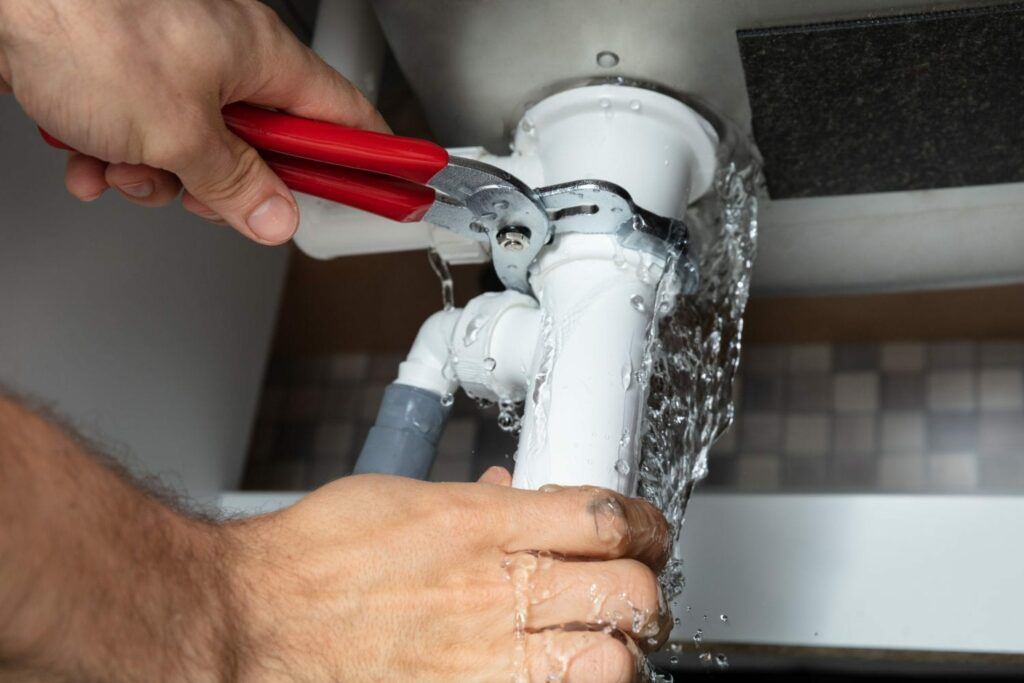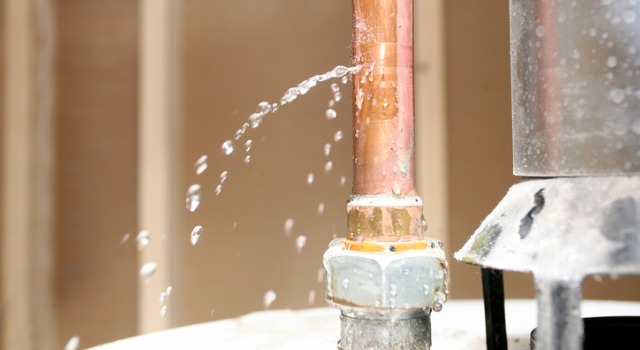Nearly everybody seems to have his or her own notions involving The Do’s And Don’ts After Water Damage.

What should you do if a pipes bursts in your residence, creating a mini-waterfall as well as swamping a location of your home? In this situation, you need to act fast. The longer you wait, the much more severe the water damage in your residential property. When an emergency like this happens, presence of mind is crucial. For these factors, you need to learn what to in case of a burst pipes. Due to the fact that time is of the significance, examine out the following tips below to assist you act quick.
Shut Off the Main Waterline Valve
The first thing you have to do is close the shut-off valve. Look for the local shut-off valve to turn-off water in one specific area just. If you do not understand where the localized shut-off valve to the fixture is, you need to turn-off the major waterline shutoff. This will cut off the water in your entire residence. Normally, the primary valve is found outside the home alongside the water meter. If it's not there, you can additionally discover it in the basement at an eye-level or it could be in the first flooring on the ground. Typically, building contractors but the shut-off shutoff generally ground level bathroom or appropriate alongside it.
Call Water Damage Restoration Pros for Aid
After shutting the water source, call the pros for aid. This is not something you can easily DIY due to the fact that they need to fix the pipelines and resolve the problems to your residential or commercial property. Look for help from a trustworthy firm providing 24/7 emergency solutions. With their professional help, you can minimize exacerbation because water can seep with your things leading to warped walls, loosened ceramic tiles, or damages structure. Do not take this problem gently and seek career assistance for full peace of mind.
Record the Damage For Insurance coverage
As you are awaiting the pros to arrive, document the damages brought on by the errant pipeline. Take images and videos of every little thing. Do closeup shots of valuables. These things will certainly serve as evidence for your house owner's insurance policy. Staying positive with this permits you to sue for insurance coverage, which will certainly aid you and also your family return on your feet.
Salvage Things That Can Be Saved
When you're done taking images, read the items and get the most crucial ones from the pile. Dry them off and try to preserve as high as you can. Drag them far from dampness so they can start to dry.
Beginning the Drying Refine
Luckily, water from your waterlines are clean so you don't have to stress regarding sewer water. The moving water may have disturbed the dirt as well as particles in your rugs and floorboards. Be prepared with gloves as you utilize buckets to unload out the water.
Experts are the only ones qualified to take care of the burs pipelines as well as succeeding damages. You will usually see red flags like bubbling paint, weird noises in the plumbing, stuffy odor, caving ceiling, peeling off wallpaper, or water spots.
What should you do if a water pipeline bursts in your residence, producing a mini-waterfall and also flooding a location of your home? For these factors, you need to discover what to in instance of a burst water pipeline. After shutting the water source, call the pros for aid. With their expert aid, you can mitigate worsening because water can leak via your things resulting in distorted walls, loose ceramic tiles, or damages structure. Luckily, water from your waterlines are tidy so you don't have to worry regarding sewer water.
Handling a Burst Water Pipe in Your Plumbing System
Main Valve Shutoff
The first step in any significant plumbing emergency where water damage or flooding is a concern: Shutting off your home's main water valve, which is the primary source of water flow to your system. The main valve will often be found in the basement, though it's sometimes under the kitchen sink or in another location – as a homeowner, you should know where your main water shutoff valve is in case of events like these.
And before you do anything else, including calling our plumbers, you should head to this valve and turn it off. This will stop the flow of further water through the burst pipe area, and will limit the damage while you wait for our team to arrive.
Calling a Plumber
The precise timing with which you call our plumbers for emergency plumbing assistance may vary somewhat – you may take a few of the other steps we'll go over here before you do so, depending on the extent of the damage and other factors. At some point here, however, you should be contacting our team for emergency assistance.
If you're inexperienced dealing with these kinds of issues, it pays to make this call sooner rather than later – often immediately after you've turned of your main shutoff valve. This is because once you've called us, our plumbers can give you tips and expertise to follow from over the phone, helping you with a few basic actions while you wait for our team to arrive in-person. We'll make sure you avoid any mistakes while taking proper action to slow the extent of any damage taking place.
Pipe Draining
The next step to perform after main valve shutoff, whether on your own or with the assistance of our arriving plumbers, is to drain the various pipes of any water that's remaining in them. You should move through the home and flush every toilet that's present, which will remove all the water from these pipes (the toilets will not refill if your main water valve has already been turned off, as it should have). In addition, run the cold-water side of every faucet in your home until they're dry. These basic steps will limit the amounts of water that reach the burst pipe area and risk water damage.
Other Turnoffs
A couple other important home components should also be turned off during this process:
Water heater: Not only should you turn off the power to your water heater during this situation, you should also go back afterward and run the hot water side of your faucets and showers until they're dry. This serves the same purpose as above: Removing any additional water that may run through the burst pipe area before it does so. Electricity: If there is any standing water whatsoever taking place as a result of your burst pipe, or especially if there's a risk of any water contacting your electrical outlets or fuse box, you should be heading to your main circuit breaker and (carefully) turning off electricity to the home until the issue is resolved. Documenting and Cleaning
And finally, it's time to get to work documenting the issue and repairing it. For smaller cracks that have formed, we may be able to use commercial tape or a chemical bonding agent for quality repairs; for more significant damage, we may have to replace certain pipe sections.
In either case, documenting the damage and repairs done is important. This will allow any future homeowners or plumbers to have proper information, for one, and will also give you a reference in the future. In addition, it's important to consider professional water damage remediation, including prevention of mold and mildew formation, if significant leaking took place.
https://mybuddytheplumber.com/blog/handling-a-burst-water-pipe-in-your-plumbing-system/

I am very focused on Rules For Handling Water Damage and I hope you liked the entire blog post. For those who enjoyed reading our blog posting kindly be sure to pass it around. Thanks for going through it.